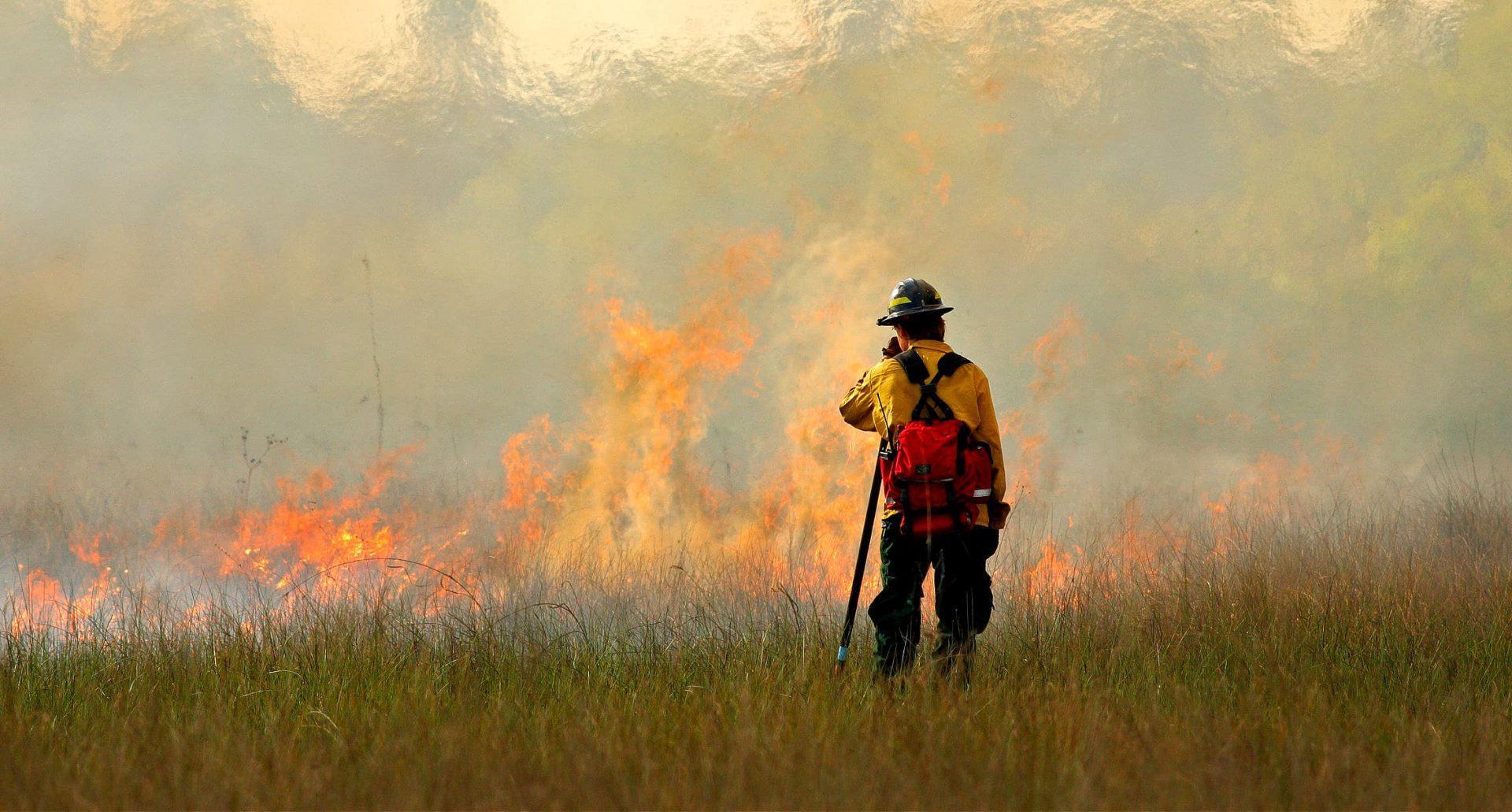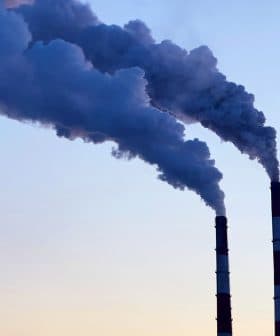2021 Was Earth’s Fifth Hottest Year, Scientists Say

The Copernicus climate change service reported that 2021 was Earth’s fifth-hottest year on record, with temperatures soaring from June to October, leading to an annual average temperature 0.3 °C above the 1991 to 2020 reference period and 1.2 °C above pre-industrial levels. Europe experienced its hottest summer ever in 2021, with record-breaking temperatures in Sicily, severe floods, and wildfires, emphasizing the urgent need to reduce greenhouse gas emissions and combat climate change.
2021 was Earth’s fifth-hottest year on record, marginally warmer than 2015 and 2018, according to the European Union’s Copernicus climate change service (C3S).
Despite temperatures remaining relatively low through the first five months of the year, the globe experienced unusually warm weather with soaring temperatures from June until October, leading to an annual average temperature of 0.3 °C above the 1991 to 2020 reference period and 1.2 °C above the pre-industrial levels of 1850 to 1900, the Copernicus scientists said.
Carbon dioxide and methane concentrations are continuing to increase year on year and without signs of slowing down. These greenhouse gases are the main drivers of climate change.
Europe, in particular, suffered its hottest summer ever in 2021. The continent experienced a record-breaking temperature of 48.8°C in Sicily (pending official confirmation), severe floods that swept several central European countries and hundreds of wildfires that devastated thousands of hectares of forests and agricultural land in the Mediterranean basin, mainly impacting Italy, Greece and Turkey.
The last seven years were the warmest on record, with 2021 5th but with a small margin to 2015 and 2018. See in the video which regions had the largest geographical anomalies for the year. #CopernicusClimate#C3Spic.twitter.com/1sbG5cLdVg
— Copernicus ECMWF (@CopernicusECMWF) January 10, 2022
Elsewhere, China announced that the past year was the country’s hottest on record, while the west of the United States and Canada suffered an abnormal heatwave in June and July with temperatures exceeding previous record highs by 5 °C.
See Also:Meteorologists Confirm Record-High Arctic Temperature“These events are a stark reminder of the need to change our ways, take decisive and effective steps toward a sustainable society and work towards reducing net carbon emissions,” Carlo Buontempo, the CS3 director, said.
According to the Copernicus ranking, the planet’s two hottest years on record were 2016 and 2020. Furthermore, the last seven years have been the warmest “by a clear margin” since records began, confirming the upward curve of global temperature rises.
“The 2021 analysis, showing that globally the warmest years by far were recorded in the last seven years, is a reminder of the continued increase in global temperatures and the urgent necessity to act,” Mauro Facchini, head of Earth observation for the European Commission, said.
Greenhouse gas emissions also broke new records in 2021, with methane continuing to increase “very substantially” and carbon dioxide emissions reaching new highs with 414 ppm (parts per million) per year, up by 2.4 ppm from 2020.
The highest growth rates of CO2 emissions, however, were observed in 2015 and 2016 (by 3.0 ppm and 2.9 ppm, respectively) and were associated with the El Niño climatic phenomenon.
The steep rise in atmospheric methane levels has always puzzled scientists. This potentially harmful greenhouse gas can emanate from many sources, including the natural processes of wetlands, livestock farming and fossil fuel exploitation, making it hard to pinpoint the exact reasons for the surge in emissions.
“Carbon dioxide and methane concentrations are continuing to increase year on year and without signs of slowing down,” said Vincent-Henri Peuch, director of the Copernicus atmosphere monitoring service. “These greenhouse gases are the main drivers of climate change.”
The findings of the Copernicus climate change service are expected to be verified by atmospheric data released by other meteorological services around the world in the coming weeks.









